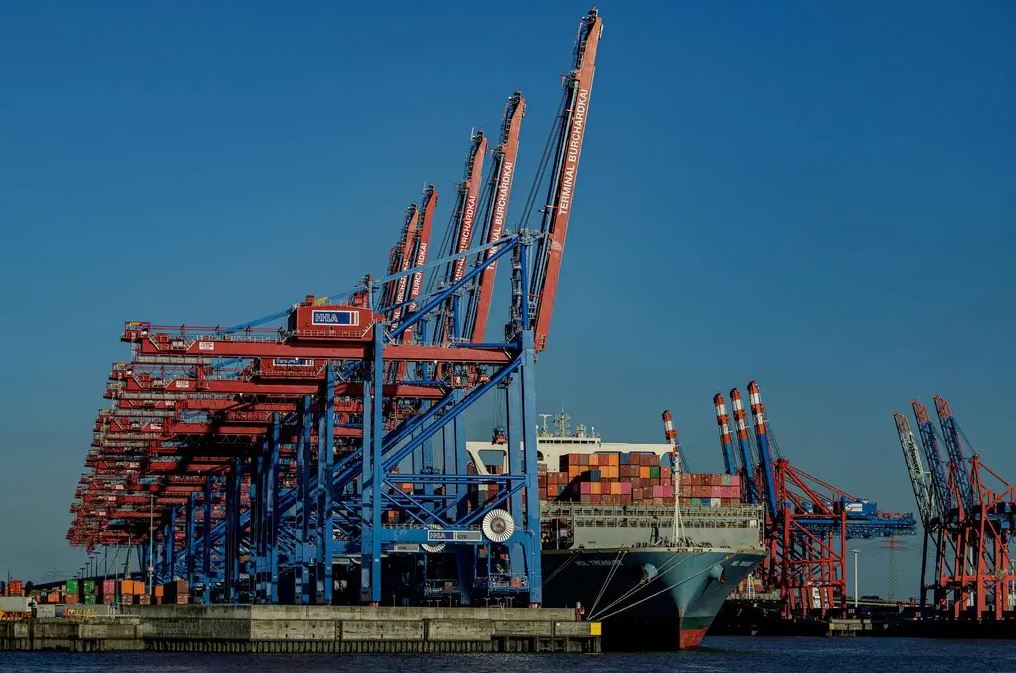Exports have been Germany’s primary source of economic growth for many years; however, the sharp increase in the price of energy that has been driven by Russia’s actions to limit the amount of natural gas that it delivers to Europe has resulted in an increase in the price of products manufactured in Germany.
According to numbers that were provided by the Federal Statistics Office on Monday, exports dropped by 0.5 percent from April to May, while imports climbed by 2.7 percent, resulting in a discrepancy of 1 billion euros, which is approximately equivalent to 1 billion dollars. It was the first time since 1991, the year following the reunification of what was once communist East Germany with capitalist West Germany, that imports had outpaced exports. This was the case in Germany.
The abrupt turnaround may be an indication of weakness in some sectors of the German economy, where exports are responsible for one in every four jobs. The dependence on imported energy has contributed to the expense difficulties that German companies are experiencing; before to the beginning of the conflict, Russia provided more than half of the country’s natural gas.
With sales increasing by more than 5 percent from the previous month to a total of €13.4 billion, the United States continued to be the most significant destination for German exports in the month of May. In terms of imports, China continued to be the nation that sold the most items to Germany in May, with a total value of €18 billion. This figure represented a decrease of 1.6 percent from April’s total.
One of the factors that contributed to the decline in exports was the reduction in the quantity of German items sold in Russia. The German manufacturing industry relied heavily on the Russian market for many years, but since since Russia’s invasion of Ukraine in February, the market in Russia has been shrinking, and many German businesses have ceased doing business there. The number of items sold in Russia has decreased by more than fifty percent as compared to the same period last year.
Economists are sounding the alarm that if Russia opted to completely halt its gas supply, it might have a domino effect on the global economy, making the current crisis much more severe. Recently, the likelihood of such danger has increased.
Gazprom, the largest energy company in Russia, cut the quantity of natural gas it sent to Germany via the vital pipeline known as Nord Stream 1 by sixty percent in the month of June. Concerns have been raised in Germany over the possibility that the pipeline operator would keep the taps closed after the repair work has been completed as a result of this month’s planned shutdown of the pipeline for approximately two weeks.
The federal government of Germany has put emergency preparations into action in preparation for the possibility of an interruption in all gas supply.

